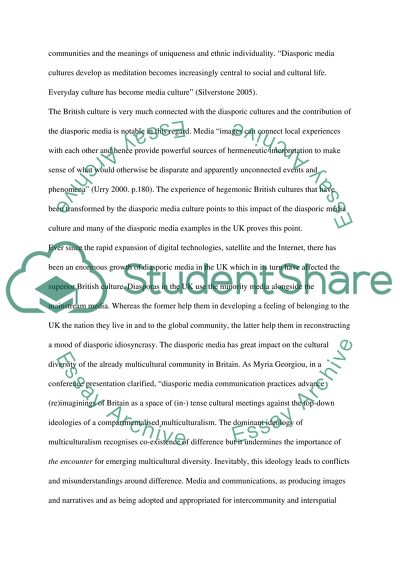Cite this document
(“How Has Diasporic Media Culture Transformed Hegemonic British Cultures Research Paper”, n.d.)
How Has Diasporic Media Culture Transformed Hegemonic British Cultures Research Paper. Retrieved from https://studentshare.org/media/1505251-media-bachelor-essay
How Has Diasporic Media Culture Transformed Hegemonic British Cultures Research Paper. Retrieved from https://studentshare.org/media/1505251-media-bachelor-essay
(How Has Diasporic Media Culture Transformed Hegemonic British Cultures Research Paper)
How Has Diasporic Media Culture Transformed Hegemonic British Cultures Research Paper. https://studentshare.org/media/1505251-media-bachelor-essay.
How Has Diasporic Media Culture Transformed Hegemonic British Cultures Research Paper. https://studentshare.org/media/1505251-media-bachelor-essay.
“How Has Diasporic Media Culture Transformed Hegemonic British Cultures Research Paper”, n.d. https://studentshare.org/media/1505251-media-bachelor-essay.


